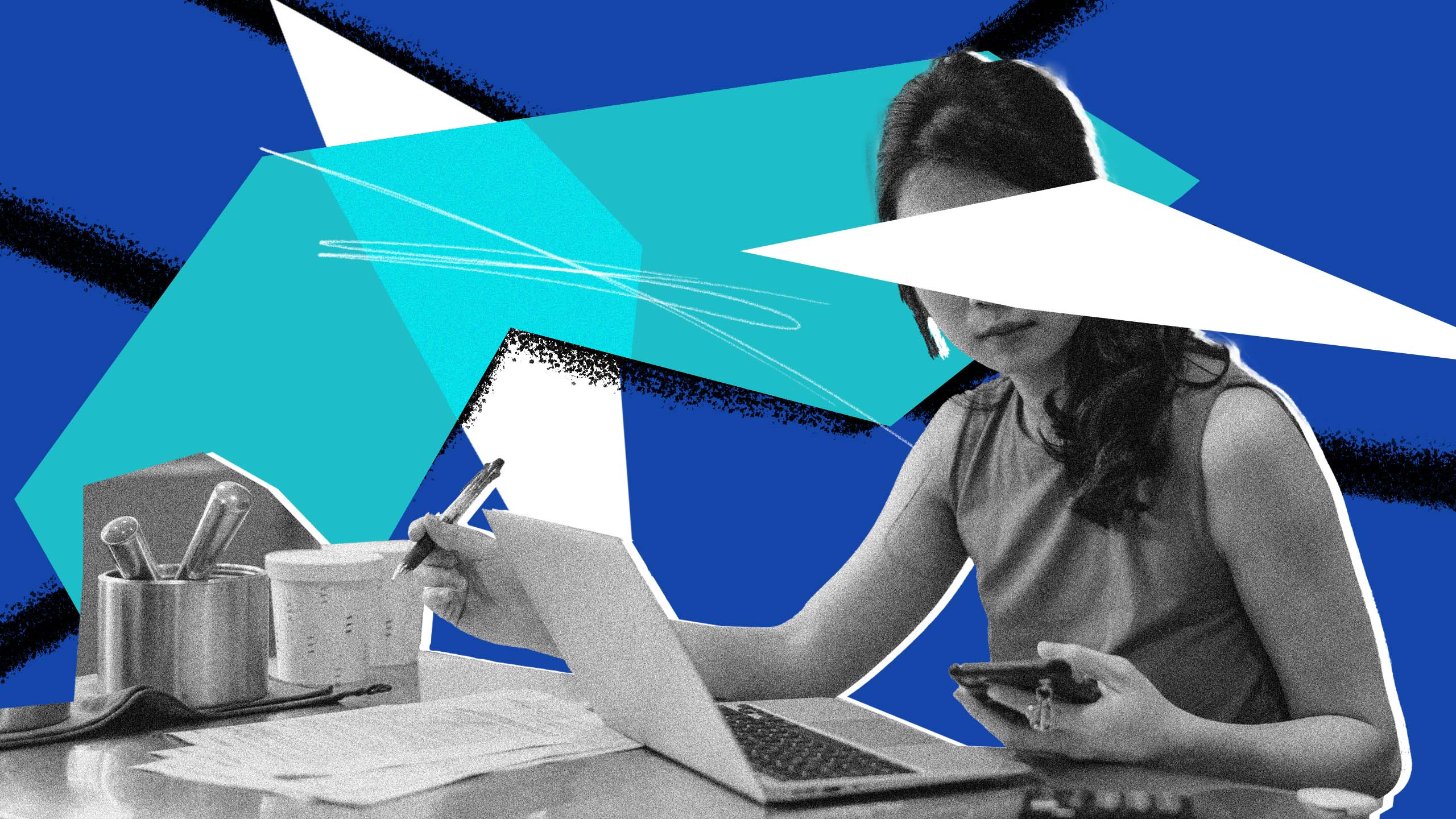A new report finds that nearly half of LGBTQ2S+ businesses in the U.S. have not received pandemic aid despite a disproportionate need for assistance.
In a July 20 survey by the advocacy groups Movement Advancement Project (MAP) and the Center for LGBTQ Economic Advancement & Research (CLEAR), just 46 percent of LGBTQ2S+ businesses said they had received none of the assistance they applied for. Just 35 percent of non-LGBTQ2S+ businesses reported not getting the aid they had requested, whether in the form of Paycheck Protection Program (PPP) grants or other financing to stay afloat during the ongoing COVID-19 crisis.
This is despite the fact that LGBTQ2S+ businesses were more likely to report having applied for pandemic aid: 57 percent sought out PPP loans, as opposed to just 47 percent of non-LGBTQ2S+ businesses.
The denial of funding further exacerbated a crisis that LGBTQ2S+ business owners said they were already facing. During the first year of the pandemic, 61 percent of LGBTQ2S+ firms reported experiencing economic losses—as opposed to just 48 percent of non-LGBTQ2S+ businesses. The same was true the following year, when 85 percent of LGBTQ2S+ entrepreneurs said business was harmed by COVID, as compared to 76 percent of non-LGBTQ2S+ businesses.
A not insignificant number of LGBTQ2S+ companies cited explicit or implicit bias as a source of economic disparities during the pandemic: a third (33 percent) of the 600 respondents who participated in the survey said they were refused funding because lenders would not help “businesses like theirs.” Only 24 percent of non-LGBTQ2S+ businesses said the same.
In a statement accompanying the report, MAP said the results “illustrate the clear need and opportunities for better supporting these businesses and the local communities they serve and enrich.”
“The importance of LGBTQ2S+-inclusive data collection cannot be understated,” said Logan Casey, a senior policy researcher and advisor at MAP. “As shown in this report, LGBTQ2S+-owned small businesses have unique experiences, including notable disparities in how they are treated by financial institutions and how they continue to be impacted by the COVID-19 pandemic.”
The survey isn’t the first indication that LGBTQ2S+ people have experienced a particular financial impact as a result of the pandemic. A previous study from MAP in December 2020 found that 64 percent of LGBTQ2S+ Americans lost their jobs or had their work hours reduced following the spread of COVID-19. That number is significantly higher than non-LGBTQ2S+ households, where just 45 percent of whom reported economic disruption related to the pandemic.
A separate survey published by the Human Rights Campaign (HRC) in September 2020 found that LGBTQ2S+ respondents were 30 percent more likely than cis, heterosexual people to have lost their jobs over the past four months.
These realities extend to previous reporting on LGBTQ2S+ business owners, as well. A June 2021 survey from the National LGBT Chamber of Commerce (NGLCC) reported that LGBTQ2S+ companies lost an average of 50 percent of their business amid the fallout from COVID, but many remained optimistic about their ability to thrive long-term. Eighty percent of LGBTQ2S+ businesses were expected to fully recover by 2022, according to NGLCC.
Whether that prediction has come to fruition remains to be seen, but experts said the health of LGBTQ2S+ businesses remains vital to the global economy. In the U.S., the NGLCC estimates that LGBTQ2S+ businesses contribute $1.7 trillion annually to the economy. For Canada, that number comes out to an estimated $22 billion.
Researchers said that an effective strategy of ensuring these businesses are able to apply for and receive aid will ensure they are able to contribute to their national economies for years to come. For many, the system is broken: while LGBTQ2S+ businesses in the U.S. reported being denied funding, reports indicate that hate groups have received millions in forgivable loans. As of December 2020, the American Family Association received $1.4 million in PPP funds, while Liberty Counsel took in $428,000.
CLEAR, which helped spearhead the recent report, signalled that fixing these kinds of issues benefits not only LGBTQ2S+ businesses but everyone else, too.
“Financial inequality for LGBTQ-owned small businesses contributes to food insecurity, housing insecurity and poorer health outcomes for LGBTQ2S+ people in the United States,” said Spencer Watson, CLEAR’s founder and executive director. “Improving financial equity for LGBTQ2S+-owned businesses will support the economic vitality of LGBTQ2S+ workers, communities and the entire U.S. economy.”


 Why you can trust Xtra
Why you can trust Xtra


